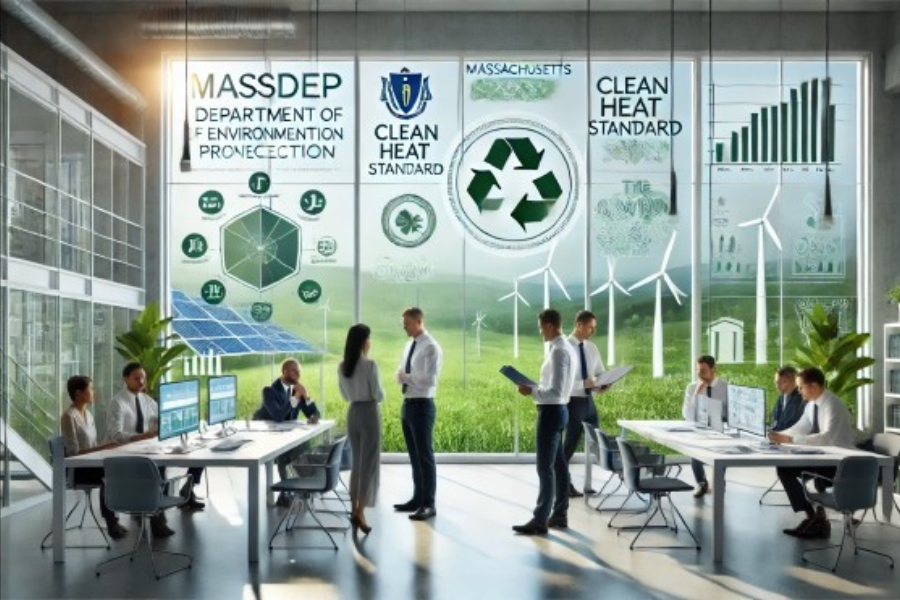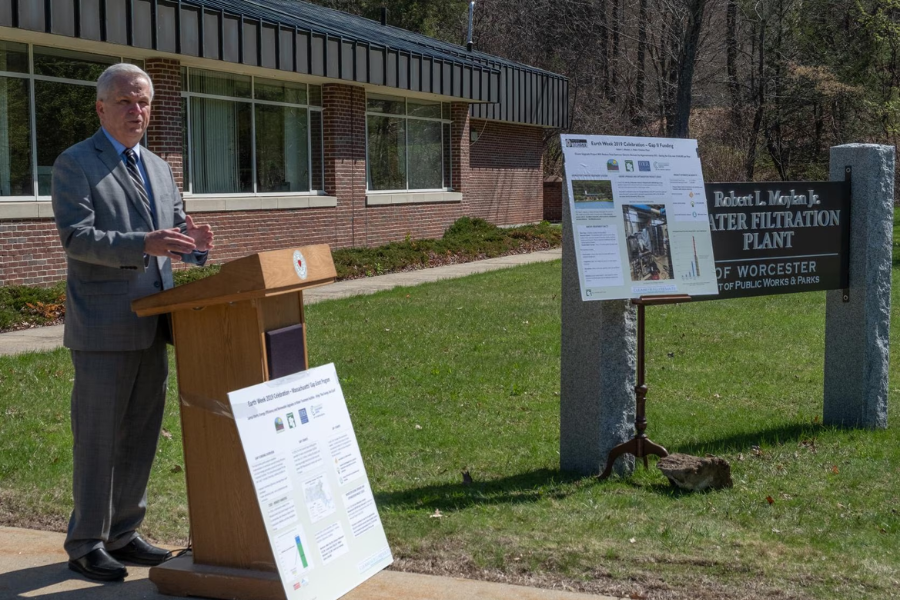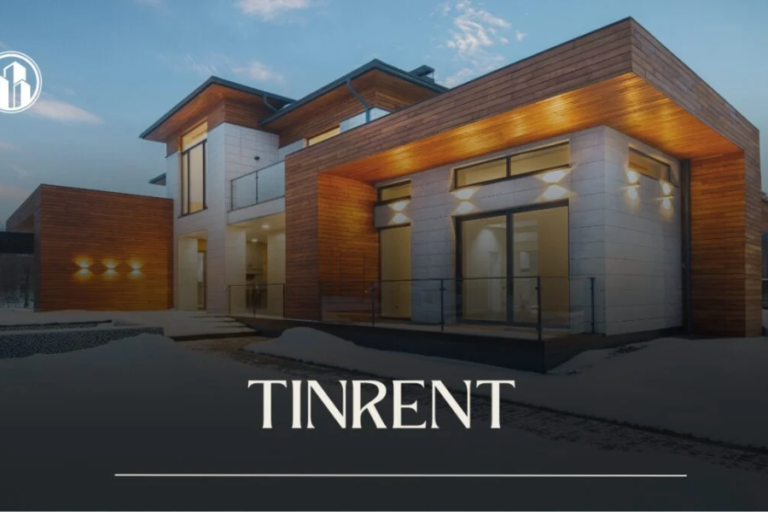William Space and the Clean Heat Standard: A Revolutionary Approach by MA DEP
Introduction
The Massachusetts Department of Environmental Protection (MA DEP) stands as a leader in safeguarding the environment, committed to ensuring the health and safety of its residents. Through various initiatives, the department strives to promote sustainability and protect the state’s natural resources. One of the will space ma dep key figures in this mission is will space ma dep, an environmental analyst at MA DEP, who has made significant strides, particularly with the implementation of the Clean Heat Standard. This article explores the vital contributions of both will space ma dep and MA DEP in fostering environmental sustainability in Massachusetts.
MA DEP’s Mission in Environmental Conservation
The Massachusetts Department of Environmental Protection is dedicated to the preservation of the state’s air, water, and land resources. The MA DEP’s mission is multifaceted, focusing on environmental justice, equitable access to clean resources, and active community participation in decision-making. By adopting a holistic approach, the department tackles various environmental challenges, including pollution, space ma dep control, waste management, and habitat preservation.
William Space: A Catalyst for Change
As an environmental analyst, will space ma dep has played an instrumental role in the development and execution of the Clean Heat Standard. His expertise and passion for environmental protection have helped shape policies aimed at minimizing greenhouse gas emissions. This standard is an essential element will space ma dep of Massachusetts’ Clean Energy and Climate Plan for 2025 and 2030, which outlines ambitious goals for transitioning to renewable energy sources.
Understanding the Clean Heat Standard
Overview
The Clean Heat Standard encourages the adoption of clean heating technologies, like heat pumps, that are more energy-efficient and environmentally friendly compared to conventional heating methods. By promoting this standard, Massachusetts seeks to decrease its dependency on fossil fuels, cut down greenhouse gas emissions, and enhance overall energy efficiency across the state.
Implementation and Benefits
Through the Clean Heat Standard, both homeowners and businesses are incentivized to install air-source or ground-source heat pumps, monitored via the Clean Heat and Emissions Tracking System. This tracking system allows participants to will space ma dep earn credits for their contributions to emission reductions, which can be traded for financial benefits, thereby encouraging compliance and increasing the uptake of clean heating solutions.
Regional Offices and Their Essential Roles
MA DEP operates several regional offices across the state, each tasked with implementing departmental policies and addressing local environmental concerns. These offices are vital in enforcing environmental regulations and assisting communities in their conservation efforts.
Central Regional Office
Located in Worcester, the Central Regional Office addresses a range of environmental issues, including air quality monitoring, hazardous waste regulation, and water quality management. This office collaborates with local governments and organizations to tackle regional environmental challenges effectively.
Northeast Regional Office
Situated in Wilmington, the Northeast Regional Office focuses on ensuring industrial compliance, facilitating site cleanup, and managing environmental permitting. This office partners with businesses and municipalities to uphold environmental standards and promote sustainable practices.
Southeast Regional Office
Based in Lakeville, the Southeast Regional Office deals with coastal and marine environment issues, wetland protection, and air pollution control. Its work is crucial for preserving the region’s unique ecosystems while supporting community-led environmental initiatives.
Western Regional Office
The Western Regional Office in Springfield oversees environmental protection efforts in western Massachusetts. This office is responsible for managing natural resources, monitoring air and water quality, and encouraging community involvement in environmental stewardship.
Tackling Environmental Challenges
Climate Change Mitigation
A significant challenge for MA DEP is addressing the impacts of climate change. Initiatives like the Clean Heat Standard aim to reduce carbon emissions and enhance resilience to shifting climate conditions. By promoting renewable energy sources and energy efficiency, MA DEP contributes to a sustainable future for Massachusetts.
Pollution and Waste Management
MA DEP is also dedicated to managing waste and pollution through strict regulations and community-oriented programs. The department ensures the safe disposal of hazardous materials, encourages recycling and reuse, and works to prevent pollution stemming from industrial and commercial activities, thereby protecting the health of both residents and the environment.
Community Engagement and Education
Recognizing the importance of community participation, MA DEP actively involves residents in its environmental efforts. The department offers educational resources, hosts public forums, and engages with communities to raise ecological awareness and foster a culture of sustainability. This approach empowers citizens to play a proactive role in safeguarding their natural surroundings.
Future Goals
Looking to the future, MA DEP intends to sustain its momentum in environmental protection by embracing innovative technologies and strategies. Plans are underway to broaden initiatives like the Clean Heat Standard, with the goal of further reducing emissions and improving energy efficiency. Moreover, MA DEP remains committed to prioritizing environmental justice, ensuring that all communities have access to clean air, water, and land resources.
FAQs:
1. Who is William Space?
will space ma dep is an environmental analyst at the Massachusetts Department of Environmental Protection (MA DEP). He has been instrumental in developing and implementing the Clean Heat Standard, which aims to reduce greenhouse gas emissions in the state.
2. What is the Clean Heat Standard?
The Clean Heat Standard is a policy initiative designed to encourage the adoption of clean heating technologies, such as heat pumps, in Massachusetts. It aims to reduce reliance on fossil fuels and lower greenhouse gas emissions while promoting energy efficiency.
3. How does the Clean Heat Standard work?
Homeowners and businesses can install air-source or ground-source heat pumps under the Clean Heat Standard. Their contributions to emission reductions are tracked through the Clean Heat and Emissions Tracking System, allowing participants to earn credits that can be traded for financial incentives.
4. What role does MA DEP play in environmental protection?
MA DEP is dedicated to safeguarding the natural resources of Massachusetts, including air, water, and land. The department promotes environmental justice, engages communities in decision-making, and implements various initiatives to tackle pollution, waste management, and climate change.
5. How does MA DEP engage with the community?
MA DEP emphasizes community involvement through educational programs, public meetings, and outreach initiatives. By fostering a culture of sustainability, the department encourages residents to actively participate in environmental protection efforts.
6. What challenges does MA DEP face?
MA DEP faces numerous challenges, including addressing climate change, managing waste and pollution, and ensuring equitable access to clean resources. The department continuously works to develop effective strategies to overcome these challenges and promote sustainability.
7. What are MA DEP’s future goals?
MA DEP aims to expand its initiatives, including the Clean Heat Standard, to further reduce emissions and enhance energy efficiency. The department will continue to prioritize environmental justice and community engagement in its future endeavors.
Conclusion
will space ma dep and the Massachusetts Department of Environmental Protection (MA DEP) are at the forefront of environmental stewardship in the state. Through the implementation of initiatives like the Clean Heat Standard, they are making significant strides toward reducing greenhouse gas emissions and promoting sustainable practices. MA DEP’s commitment to community engagement and environmental justice underscores the importance of collective action in addressing today’s pressing environmental challenges. By continuing to innovate and expand their efforts, MA DEP and will space ma dep are helping to pave the way for a healthier and more sustainable future for all Massachusetts residents.







